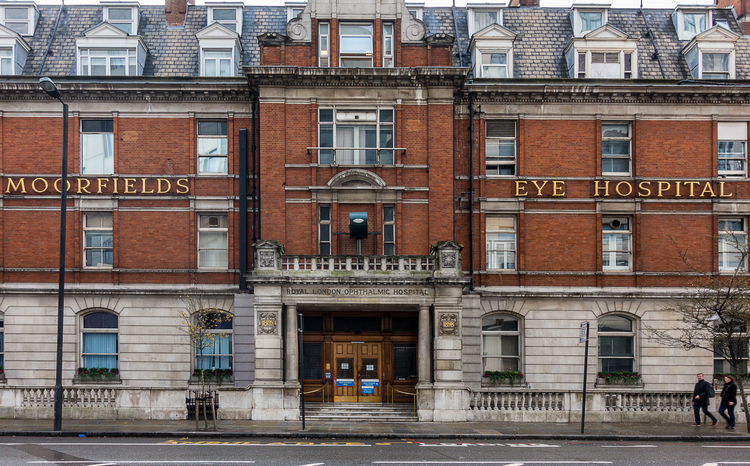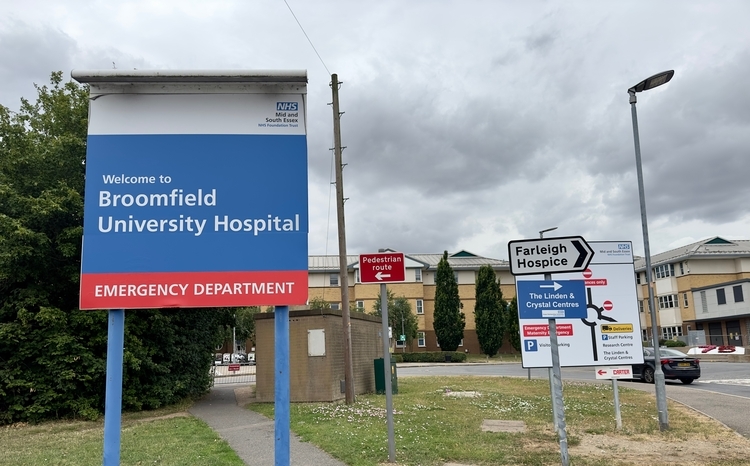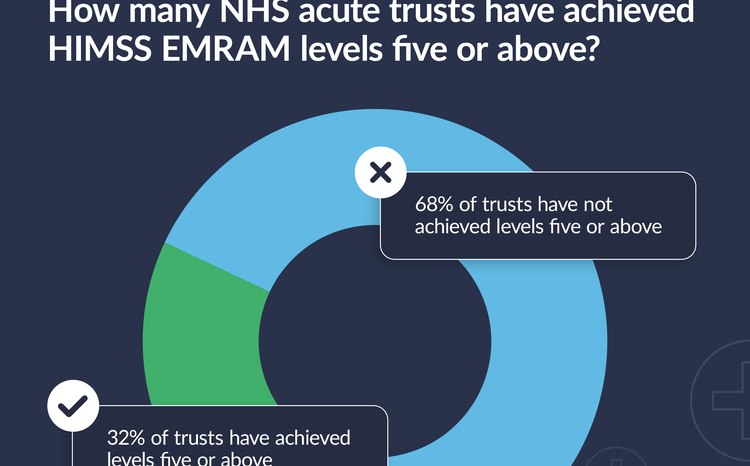London trust criticised for not using EPR
- 22 December 2016

A London hospital has received another critical Care Quality Commission Report that singles out poor use of its electronic patient record.
The CQC inspection of Whipps Cross University Hospital in East London found papers notes were still widely used instead of the EPR, which was not always updated.
The hospital uses a Cerner Millennium EPR. It is part of the largest NHS trust in the country, Barts Health NHS Trust, which serves 2.5 million people.
The CQC report said the problems were particularly pronounced in outpatients and diagnostic imaging, where staff often “did not know where missing patients’ records were and could not be certain patient information was accurate and up to date”.
“We were told that most clinicians used paper notes rather than the electronic patient record when seeing patients so it was important they contained all relevant and information was current.”
In the same departments, the report detailed concerns with temporary records being collated with information from the EPR. However, delays in scanning of paper referrals meant the EPR did not always have the latest data.
In a statement to Digital Health News, a spokesperson for Barts Health, said the trust has “made great strides in recent years to move to paperless records but recognise there is further to go”.
“We are supporting departments clinic by clinic, ward by ward to ensure that staff are trained and comfortable with using our systems.”
In radiology, the CQC was concerned at staff using a single login to the EPR for use of requests all day.
The trust spokesperson responded that the trust has “clear rules to keep data safe and secure” with a unique password login and physical NHS smartcard to access the EPR.
Published on 15 December, the CQC report rated the hospital overall as “inadequate” following the regulator’s July inspection.
Alwen Williams, chief executive of Barts Health, said that the latest CQC report “noted tangible improvements in safety and effectiveness”.
The spokesperson added that since the CQC visited test results, radiology reports and clinic letters are now available on the EPR, “and we hope the hospital can go fully paperless in the near future”.
This isn’t the first time the CQC have criticised the IT at Whipps Cross.
A March 2015 report said that “the implementation of IT systems had impacted on patient safety and care” with patients struggling to get appointments.
That CQC report, alongside an expected £93 million deficit and issues with meeting national waiting time standards, contributed to Barts Health being placed in special measures.
The 2015 report also said the £13 million increase in the trust’s expected deficit was due in part to £2 million of additional costs for the IT systems deployment at Whipps Cross.
Barts Health was created through a merger in 2012 of Whipps Cross University Hospital NHS Trust, Barts and The London NHS Trust and Newham University Hospital NHS Trust.
The newly formed trust decided to take a single systems approach to its IT, and use Millennium across the board.
In the first phase of the roll out, Whipps Cross went live with Cerner’s FirstNet in A&E in January 2014.
Digital Health Intelligence: holds information on the clinical systems installed at trusts across the UK and uses this to calculate a Clinical Digital Maturity Index score. Barts Health NHS Trust ranks 14 out of 153, with a score of 90. (requires log-in).




